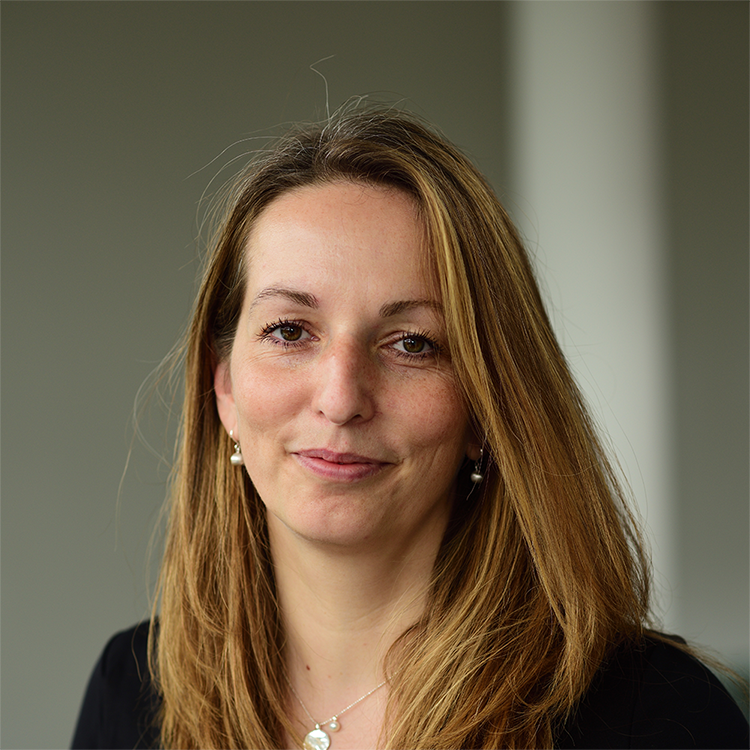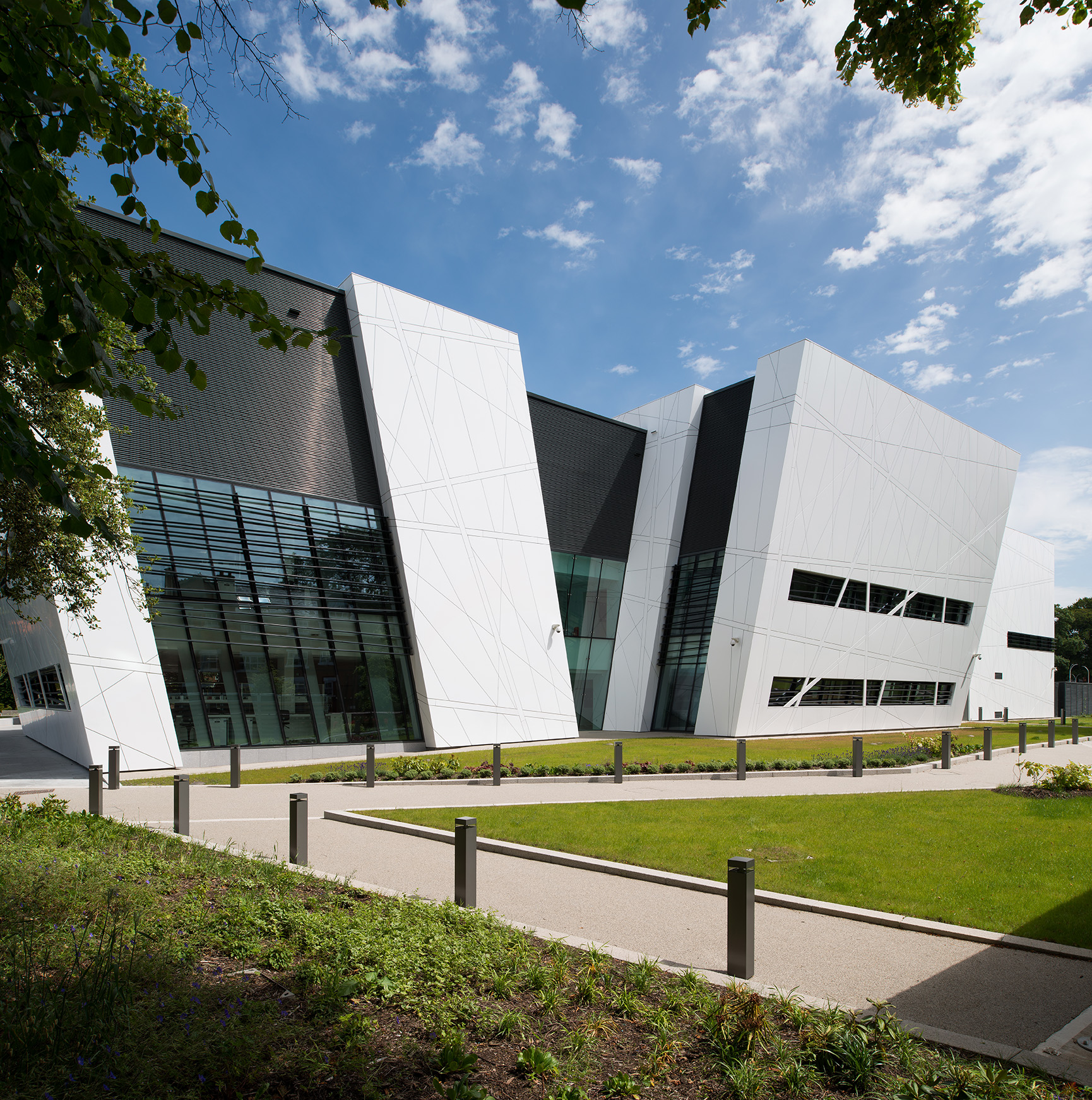Closing date: 26/09/2025
CRUK Radnet 2 Non-Clinical Studentship Project: Targeted Radio-sensitisation of Gliomas via Nanoparticle-Drug Conjugates
Lead Supervisors: Professor Petra Hemerlik
Co-Supervisors: Dr Pankaj Singla, Dr Tina Karabatsou, Professor Catherine McBain
Applications Deadline: Friday 26th September 2025
Interviews: week starting Monday 27th October 2025
Non-Clinical Studentship start date: January 2026
Project Keywords: Radiotherapy, Blood-brain barrier (BBB) penetration, Glioma-specific membrane proteins
Research Opportunity: CRUK Radnet 2 Non-Clinical Studentship leading to the award of PhD
Project Outline
Gliomas—including glioblastoma and paediatric diffuse midline glioma—are among the most lethal brain tumours, with limited treatment options due to resistance and poor drug delivery across the blood-brain barrier (BBB). This project aims to develop precision-engineered nanoparticle-drug conjugates that selectively target glioma specific membrane proteins to enhance the effectiveness of radiotherapy.
The research will combine cutting-edge proteomics, nanotechnology, and translational cancer models to:
- Identify membrane protein targets in adult and paediatric gliomas using high-resolution mass spectrometry.
- Validate top candidates through immunohistochemistry, flow cytometry, and single-cell analysis.
- Engineer ultrasmall (10–20 nm), biocompatible nanoparticles using molecular imprinting to bind validated targets.
- Evaluate the most promising conjugates in glioma organoids and/or organotypic slice cultures, and assess their ability to enhance radiation response compared to standard-of-care therapy.
You will gain hands-on experience in membrane protein profiling, R/Python-based bioinformatics, nanoparticle synthesis, and functional assays, including DNA damage and apoptosis. Training will be provided by experts in neuro-oncology, polymer chemistry, and translational research, with opportunities to shadow clinicians and engage in patient-centred research.
Key challenges—such as BBB penetration, off-target toxicity, and nanoparticle scalability—will be addressed through innovative design (e.g., enzyme-cleavable linkers, PEGylation), and comparative profiling across glioma subtypes.
This project offers a unique opportunity to contribute to the development of next generation, cost-effective therapies for brain tumours. The outcomes will support clinical translation and have the potential to significantly improve survival and quality of life for patients with glioma.
Applications for this project are now open. Please complete your application on The University of Manchester website.
About Professor Petra Hamerlik (project Lead Supervisor)
Petra Hamerlik is an accomplished researcher in primary pharmacology and brain cancer research. Her professional career has been a blend of academic and industry roles, including positions at the Danish Cancer Society, Cleveland Clinic, and AstraZeneca. In September 2022, Petra was recruited to the University of Manchester as the Inaugural Brain Tumour Charity Chair of Translational Neuro-Oncology. Her current work is focused on identifying novel treatments and early detection of intracranial tumours.

Key information
Before submitting an application, please ensure you have read the information below about the funding arrangements and eligibility for Non-Clinical Studentships.
We also encourage you to get in contact with the lead supervisor to discuss the project and any particulars.
Further information is available on the Non-Clinical PhD Studentships webpage.
Our Non-Clinical PhD Studentships are usually funded for four years, with funding covering:
- Project running costs
- University tuition fees university tuition fees (at the UK rate, with some scholarships available for high-performing EU/International candidates)
- An annual stipend of £21,000 to help with living costs
Studentships are highly competitive and so we encourage you to contact any supervisors who you are interested in working with before applying for our Non- Clinical PhD Studentships.
International Candidates
The University of Manchester aims to support the most outstanding applicants from outside the UK.
We are able to offer a limited number of bursaries to high-performing EU and international candidates, covering PhD fees only. Bursaries do not include financial support for visa/health surcharges.
We assess each EU and international candidate’s suitability for a bursary at the application and interview stages.
Applicants are expected to hold (or about to obtain) a minimum upper second-class undergraduate honours degree (or equivalent) in cancer biology, biomedicine or a related subject. Experience in brain tumour biology, human tissue biobanking, laser-capture microdissection and proteomics is desirable.
International applicants (including EU nationals) must ensure they meet the academic eligibility criteria (including English Language) before contacting potential supervisors to express an interest in their project. Eligibility information can be found on the University’s Country Specific information page.
Key dates
- Applications open: Wednesday 27th August 2025
- Application deadline: Friday 26th September 2025
- Interviews: week beginning Monday 27th October 2025
- Start date: January 2026
Useful Links
Submit your application
Interested in applying for this opportunity? Go to The University of Manchester website to submit your application.
Non-Clinical PhD Studentships
Learn more about our Non-Clinical PhD Studentships.
Get in Touch
Contact Yasmin Noori, Postgraduate Programme Manager.
Researcher Stories
Read first-hand experiences of from cancer scientists from across Manchester.
Why Manchester?
Find out why postgraduate students choose to study in Manchester.
A Day in the Life of a Non-Clinical PhD Student
Watch our short video to see what it's like to be a Non-Clinical PhD student in Manchester.





